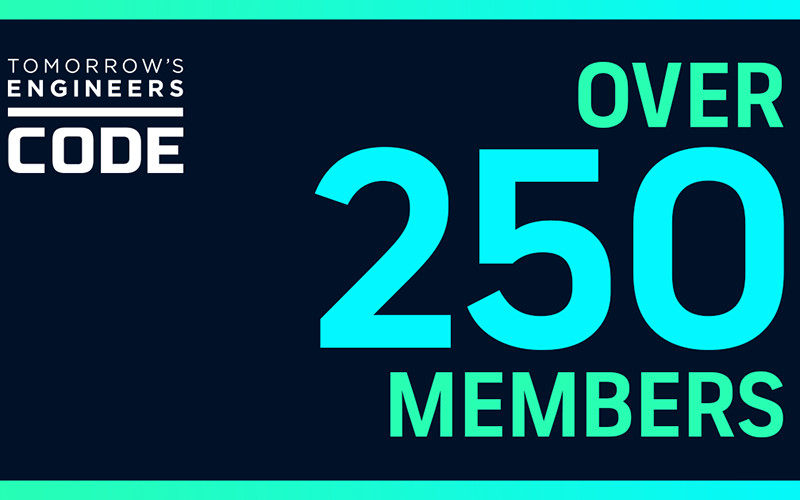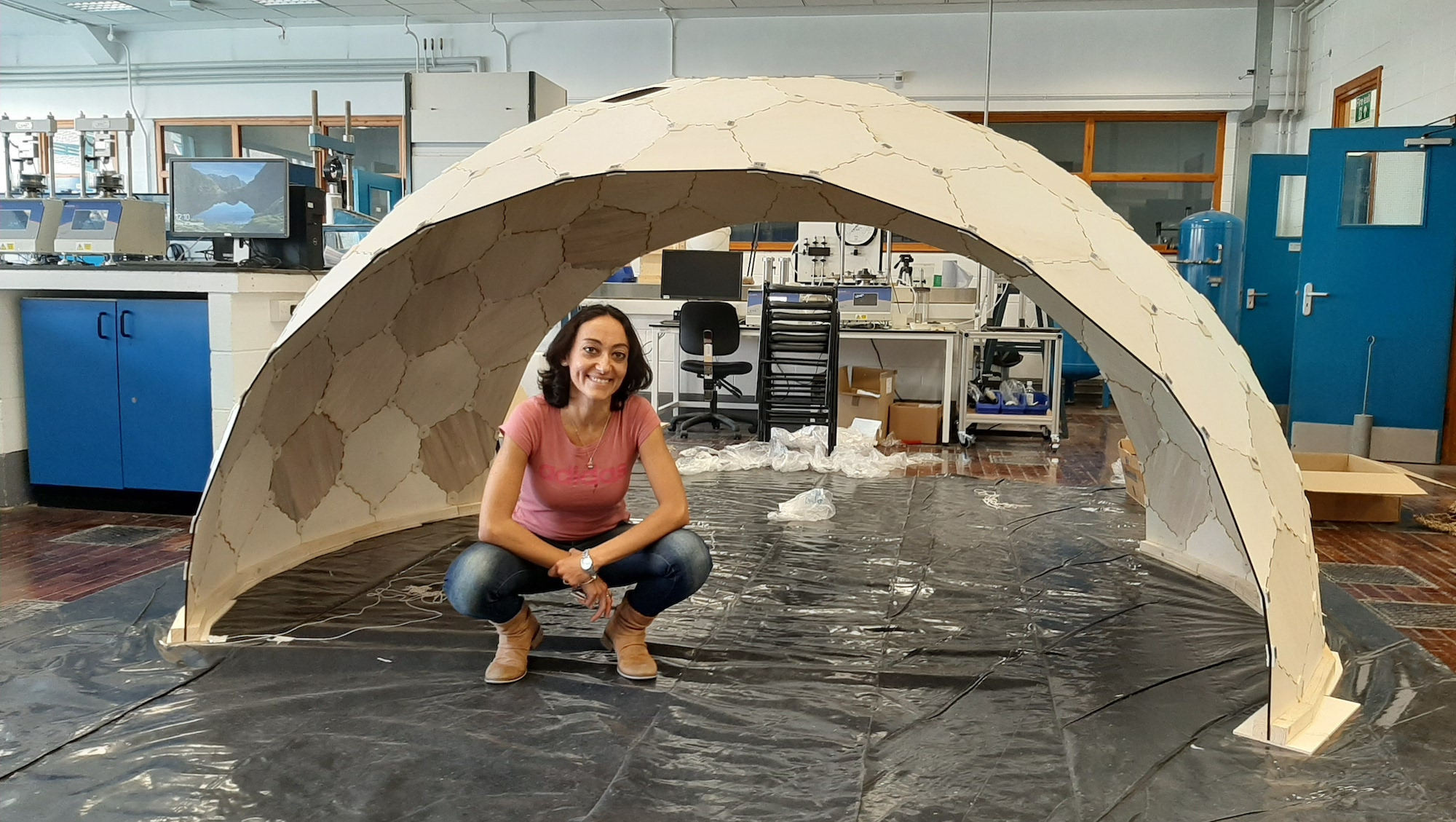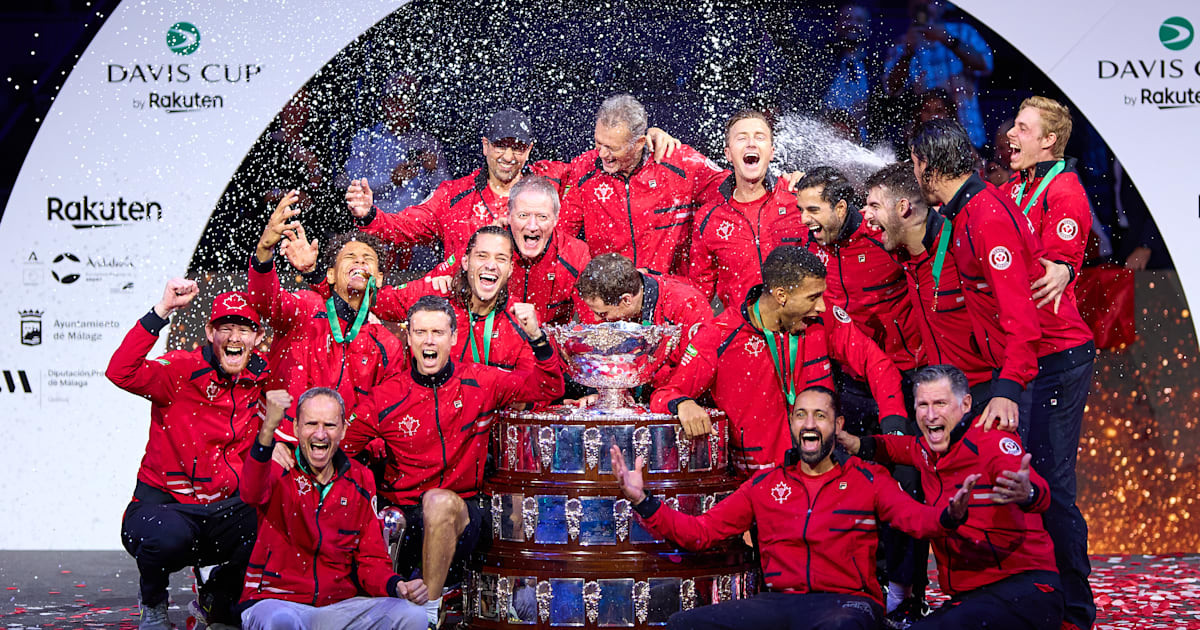Globally, engineering is at a crossroads. We need engineers more than ever to tackle complex, existential challenges, but interest in the field is scarce. What can be done to fill skills gaps and inspire the next generation of innovators?
Against a landscape marked by unprecedented challenges and transformative technologies, the field of engineering stands as a beacon of innovation and progress. Today, engineers are not just problem solvers; they are visionaries at the helm of critical initiatives to combat the climate crisis and lead the digital revolution.
The opportunities to make a profound impact have never been greater, and the role of engineers has never been more pivotal. So, unsurprisingly, we’re seeing more demand for engineers than ever. In the US, around 400,000 new engineers will be required every year. But interest is not increasing at the rate needed to fill these gaps. It’s possible that almost a third of these roles will remain unfilled until at least 2030.
The industry desperately needs to attract new talent, and an engineering career has a lot to offer curious, creative individuals. So why should people consider this career path? What’s discouraged others in the past? And how can we rewrite the narrative before it’s too late?
Engineering for a Better Future
Engineers play a critical role in arguably the world’s greatest challenge: combatting climate change. Every company must reduce its carbon footprint for the sake of our planet’s future. Engineers are vital in supporting changes to new renewable energy sources and improving energy-efficiency of existing processes. And demand for their skillsets is only going to increase as pressure to curb emissions builds.
The Digital Transformation
Digital transformation has also changed the scope of engineering work. Engineers now have access to a suite of disruptive digital tools – such as artificial intelligence (AI), the internet of things (IOT) and augmented reality (AR) – to assist in everything from product design and process optimization to quality assurance and risk management. Engineers can get creative with these technologies to push the boundaries of what’s possible.
Progress at Speed
Beyond the digital transition, the engineering field is progressing at speed. From the development of new ‘quiet’ supersonic aircraft to the next frontier of space exploration, engineers are bringing what used to be the impossible to life in the real world.
Dispelling the Myths
So, given all the thrilling developments under way, why wouldn’t you want to be an engineer? There are several myths that are deterring people from entering the profession. But we can dispel many of these.
One of the most common myths is thinking engineering is all about maths and science. Now, that’s not to say these aren’t important elements, but there is so much more that goes into the profession. Engineers need to be able to communicate on complex, technical topics to the wider business. Out-of-the-box, creative thinking is also critical, as this enables engineers to design innovative solutions that position their company for growth.
People also often believe that engineers all do the same thing. In such a vast field, this couldn’t be further from the truth. Engineers work on everything from infrastructure and computers to aerospace and pharmaceuticals. As you’d expect, these roles are very different and require varied expertise. And there’s something to capture anyone’s interests.
The stereotype of the engineer is also a stalling point. But sadly, this is not a myth: it’s no secret that there is a diversity problem in engineering. Women and ethnic minorities are underrepresented and this is making the sector unappealing to future applicants from these demographics. If unaddressed, the engineering field will suffer. The challenges of tomorrow require creative solutions and diverse workforces have the edge on homogenous teams when it comes to innovation.
Attracting the Next Generation
In order to attract the next generation of engineers and plug existing skills gaps, we need to reassure them and promote the benefits of this exciting field.
To catch the best and brightest, spread the net wide
We need to get in front of as many potential candidates as possible, and the earlier the better. For example, instead of focusing on higher education outreach, partnerships with schools can show young people considering their educational choices what the engineering path has to offer.
Bringing a more diverse future
Any outreach program must cover areas with a high proportion of those underrepresented in engineering. Taking the time to engage with these communities will make engineering more accessible and welcoming. We also need to proactively invest in the career progression of existing engineers from underrepresented groups. If we can demonstrate to the next generation that engineering can offer everyone – from every background – a successful, fulfilling career, this will go a long way towards capturing their positive interest.
Inspire the next generation of engineers
Once we have connected with those positively interested in a career in engineering, hiring companies should hone their message to get talent onboard. Getting creative with job titles to better reflect the scope of the role can attract new audiences. And rather than focusing on specific engineering tasks (as emphasized below, the work can be highly varied), we should highlight the widespread impact of the field with inspiring real-world examples.
Emphasize the variety to pique the interest of different candidates
Civil, chemical, electrical, mechanical and industrial; all these areas of engineering offer very different career opportunities. But all are critically important to society. We must communicate the breadth of options available.
Find out how Progressive Recruitment can support your pursuit of the engineering talent of tomorrow.
Stay up-to-date on engineering, tech, space, and science news with The Blueprint.
By clicking sign up, you confirm that you accept this site's Terms of Use and Privacy Policy
Gemma Branney
Global Director of Purpose and Inclusion, with 20 years of experience in social impact, Gemma Branney is a seasoned strategist and change-maker. Her career spans commercial, third sector, and government organisations, where she has developed and implemented strategies and change programmes. As an accredited executive coach, Gemma specialises in inclusive and impact leadership, empowering leaders to foster diverse and inclusive workplaces.
In 2018, Gemma joined the recruitment sector and now holds the role of Director of Purpose and Inclusion, where she leads the Group's environment, social impact, and Diversity, Equity, and Inclusion (DEI) strategy.


















